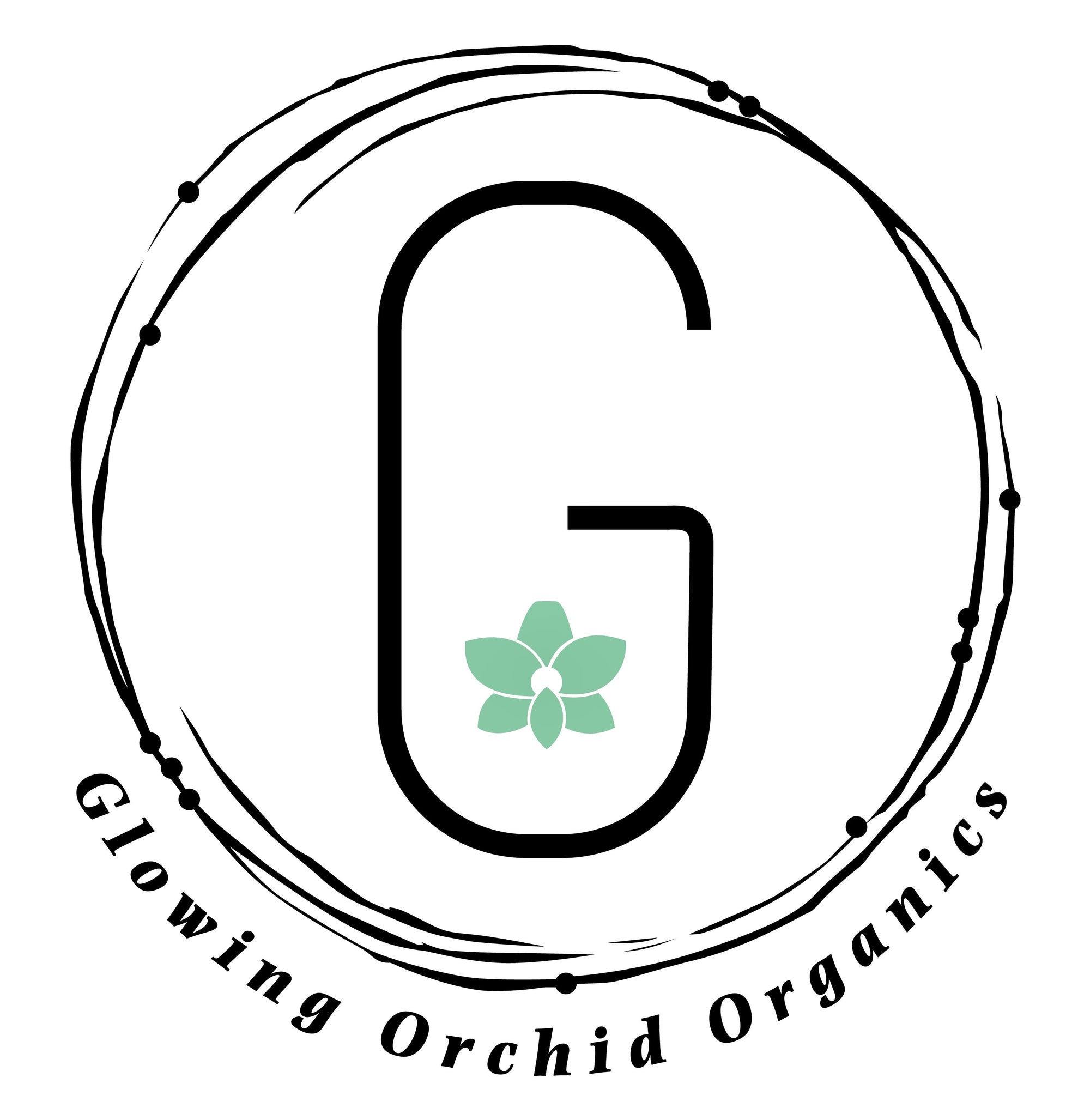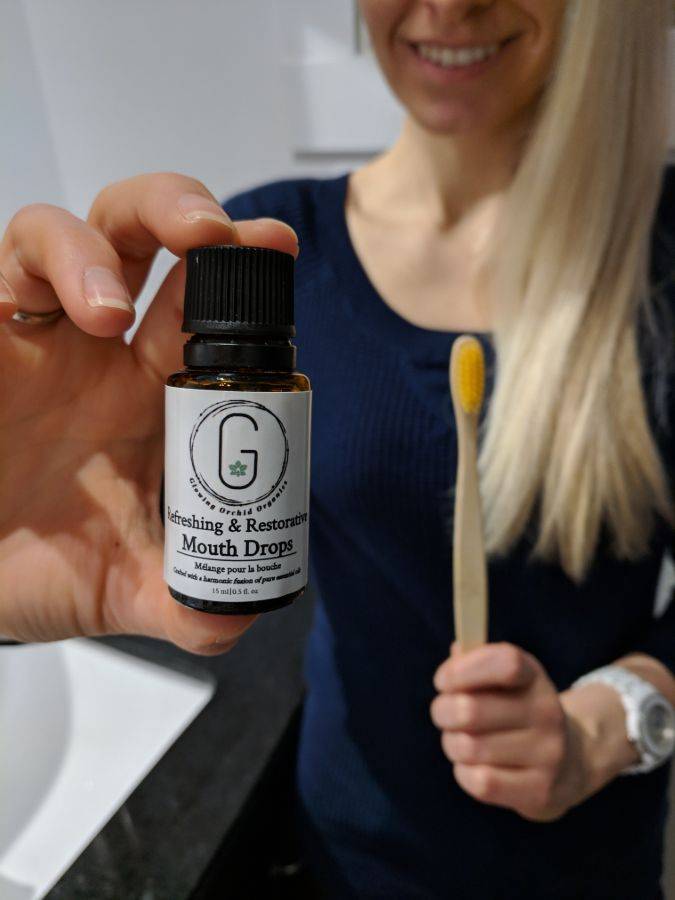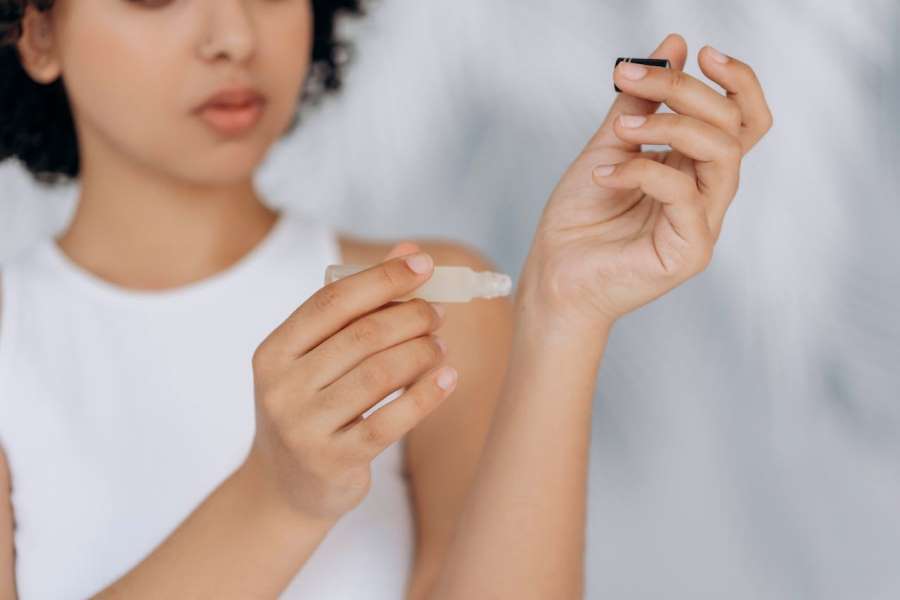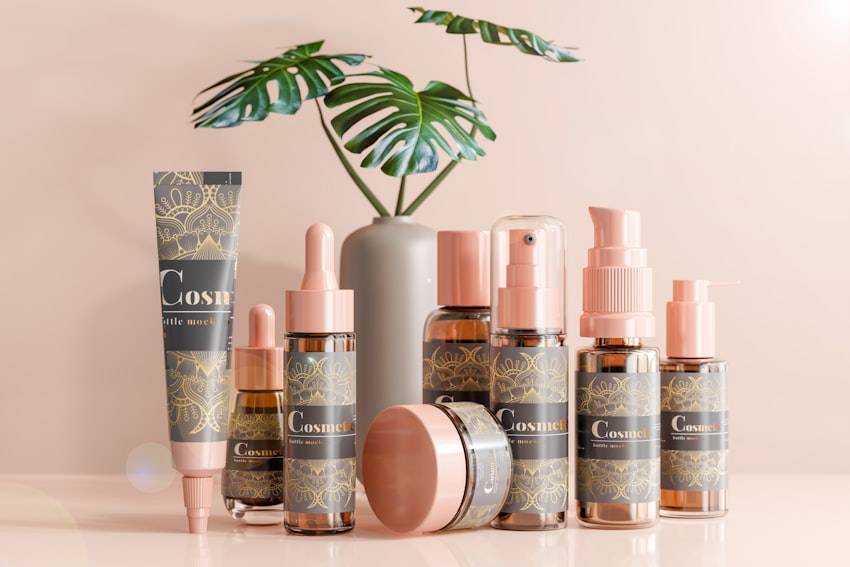I’ve always found oral hygiene tricky. I know I’m not the only one who’s been disappointed at some point by a mouthwash brand. Either they don’t live up to their “longer lasting fresh breath” promise, or they do nothing for gum health (hello again, sensitive gums), or they just don’t feel all that clean in the mouth. I’ve experienced these several times with mouth rinses that weren’t exactly cheap and were overflowing with synthetic chemicals. Boo hiss.
So it was a minor miracle when I learned that I could use essential oils as alternatives for oral hygiene. If you’ve been browsing our site, you may be aware that I use EOs for pretty much everything (especially helichrysum oil), and there’s one big reason for that: the effectiveness of essential oils is life-changing. This is true for teeth and gum care, too.
We’ve carefully done our research and formulation experimentation, and now, I’m proud to share our Refreshing & Restorative Mouth Drops with you. As the benefits of essential oils get more and more recognized in mainstream healthcare, our mouth drops are an up-and-coming product that you’ll be happy to switch to. Here’s why.





